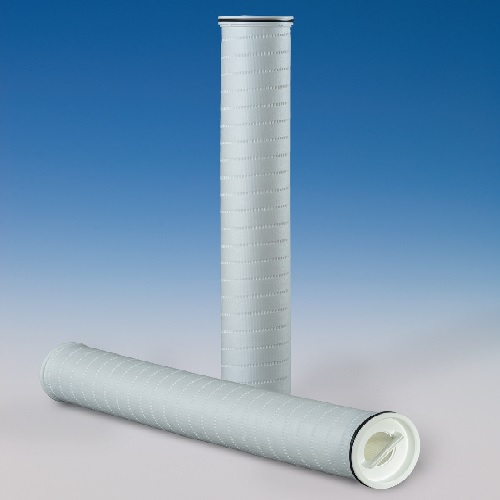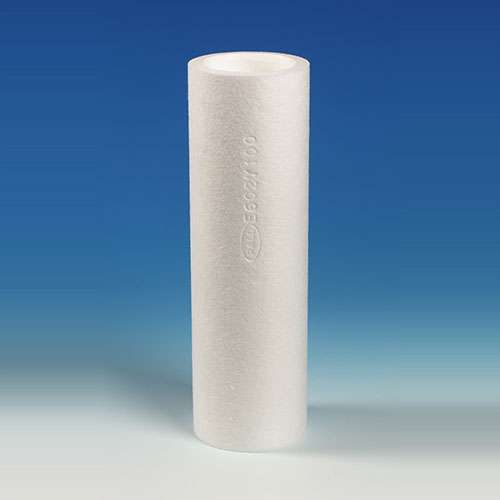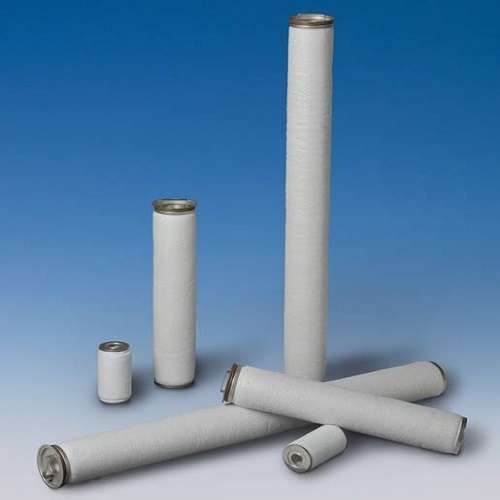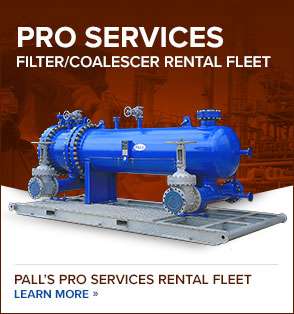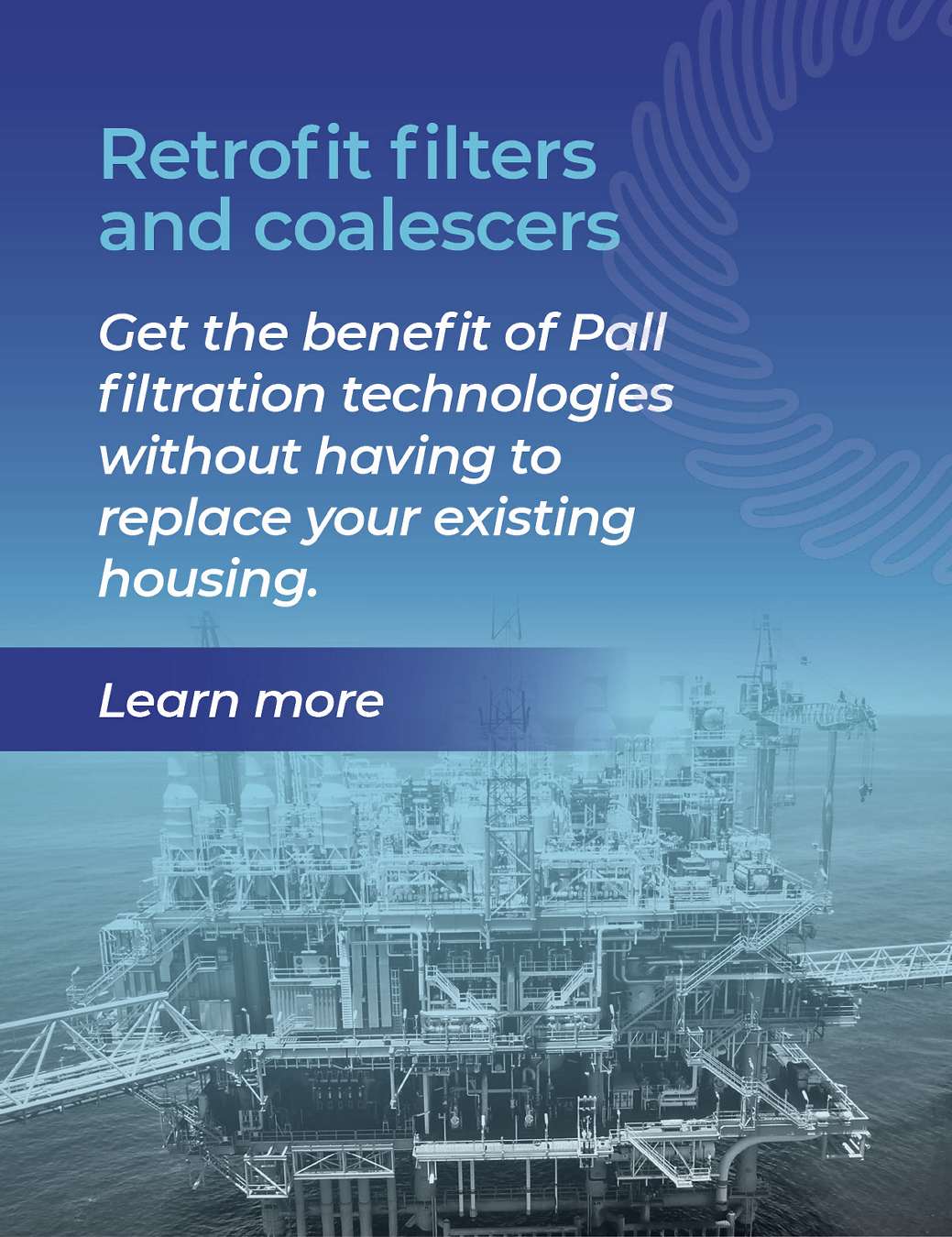O que é Separador de água sulfurosa?
O separador de água sulfurosa é utilizado para remover amônia (NH3) e sulfeto de hidrogênio (H2S) de fluxos de água sulfurosa provenientes de muitas operações da unidade para condicioná-la para descarga ou reutilização na refinaria. Em uma refinaria complexa, a maioria da água sulfurosa vem de destilação, quebra catalítica de fluidos, reforma do catalisador, unidades de coqueamento e de remoção de gás ácido com muitas outras operações contribuindo para o equilíbrio. Diferentes fluxos são coletados em um tanque de expansão para o processamento centralizado por meio de um trocador de calor e uma coluna de separador única, ou duas em série.
Razões para o tempo de inatividade em unidades de separação de água sulfurosa:
Uma combinação de controle de pH e calor a partir do fluxo de injeção direta ou reboiler elimina a amônia e o sulfeto de hidrogênio. A presença de sólidos e hidrocarbonetos (‘óleos’) são os principais contaminantes que causam incrustação no trocador de calor, coluna do separador e reboiler. O impacto da perda da capacidade do separador de água sulfurosa (SWS) que pode reduzir taxas de produção da refinaria, leva à necessidade de desligamentos e limpezas não programados do SWS, levando a perdas de produção adicionais, custos altos de manutenção e aumento dos problemas de segurança dos funcionários devido à exposição ao H2S altamente volátil no sistema de água sulfurosa.
A contaminação do óleo do separador também leva à uma série de problemas a jusante. Um é o transporte de óleo na corrente de gás ácido que vai para a usina de enxofre, levando a problemas de confiabilidade da usina de enxofre e aumento do risco de incêndios de coqueamento de óleo dos leitos do reator. Outro é o excesso de óleo na água do separador até a planta de tratamento de água, criando uma condição de sobrecarga, resultando em risco ambiental e/ou na necessidade de reduzir a capacidade da refinaria.
Desafios e soluções do processo do Separador de água sulfurosa
| Desafio | Solução |
|---|---|
Remoção eficaz de particulados -Cumpra as metas diárias de produção da refinaria ao cumprir as metas de SWS H2S, NH3 e tratamento da capacidade. | Melhore os objetivos de produtividade da refinaria e a confiabilidade da planta de enxofre e controle o custo de SWS ao remover de modo eficiente os contaminantes de partículas e óleo que estão incrustados no reboiler do SWS e nas bandejas da coluna e no fluxo de gás ácido que afeta o SWS e a capacidade e a confiabilidade da planta de enxofre que prejudicam as operações da refinaria |
Remoção eficaz de óleos –Garanta a confiabilidade da planta de enxofre e da planta de tratamento de água por meio da remoção confiável de óleos do gás ácido e dos fluxos de água sulfurosa separada. | Os separadores ciclônicos não removerão óleos de modo eficiente:
|
Reduza os custos com mão de obra e manutençãoReduza a mão de obra do separador de água sulfurosa (SWS) e os custos de manutenção de particulados e incrustações no óleo. | Pré-filtros de alta eficiência e coalescedores líquido/líquido AquaSep® EL removem de modo confiável partículas e óleos das emulsões de água sulfurosa estável, com taxa de descarga de 0% a 100%, garantindo a manutenção da capacidade e a confiabilidade do SWS. |
O diagrama abaixo e a tabela mostram as principais aplicações e recomendações:
Diagrama do fluxo do processo do separador de água sulfurosa
Principais aplicações e recomendações para processo de separação de água sulfurosa (outras aplicações não apresentadas)
| Aplicação | Benefícios ao cliente | Comprar produto | |
|---|---|---|---|
| 1. | Pré-filtragem antes do coalescedor líquido/líquido | Melhora a eficiência e a vida útil do coalescedor líquido/líquido
Melhora a produção, a confiabilidade, a segurança e as despesas operacionais do SWS ao controlar a incrustação por partículas do trocador de calor e do reboiler e das bandejas do separador | Filtros Vector™ High Flow, Filtros Ultipleat® High Flow ou filtros coreless. |
| 2. | Remoção de hidrocarbonetos | Melhora os desafios de confiabilidade do separador de água sulfurosa (SWS), segurança e despesas operacionais ao controlar a incrustação por partículas do trocador de calor e do reboiler e das bandejas do separador
Melhora a confiabilidade e a segurança da planta de água sulfurosa removendo o transporte de óleo para leitos do reator
Livre-se da sobrecarga de óleo até a planta de tratamento de água, que pode criar riscos ambientais e/ou limitação da capacidade da refinaria. | Coalescedor de líquido/líquido AquaSep® EL em configuração horizontal |
Entre em contato com um dos nossos especialistas para saber mais, ou clique abaixo para comprar os produtos.
Produtos da Pall para aumentar a eficiência de seu processo de separação de água sulfurosa
Vídeo: Solução de separação de água sulfurosa
Assista ao nosso vídeo abaixo para saber mais ou fale com um de nossos especialistas para obter mais informações.
Nossos produtos
Liderando o setor com soluções e produtos adaptados às necessidades dos clientes.

